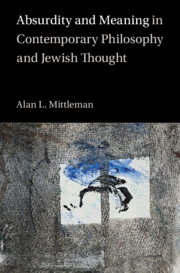I explore what Bernard Williams means by regarding one's action ‘purely externally, as one might regard anyone else's action’, and how it links to regret and agent-regret. I suggest some ways that we might understand the external view: as a failure to recognize what one has done, in terms of Williams's distinction between intrinsic and extrinsic luck, and as akin to Thomas Nagel's distinction between an internal and external view. I argue that none of these captures what Williams was getting at because they do not allow one to take a view on one's action. I offer two alternative accounts. One turns around what we identify with, the other concerns what we care about. Both accounts capture how I might regret, rather than agent-regret, my own action. I demonstrate that these accounts can explain the relationship between an insurance payout and the external view, and they can explain the agent-relativity of agent-regret.
